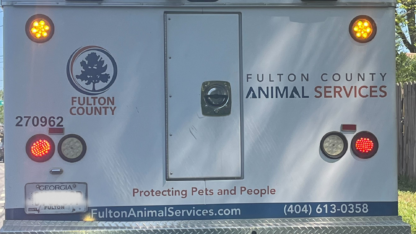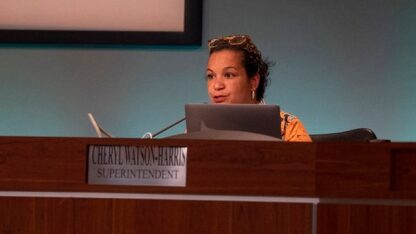How A Grand Jury Works In Georgia

Because grand jury proceedings are conducted secretly, they usually aren’t in the news much. That is, until grand juries decided not to prosecute the police officers who killed Eric Garner in New York City and Michael Brown in Ferguson, Missouri.
Georgia uses grand juries too, though not all states do. Here, prosecutors have to get an indictment for serious crimes like murder or rape or kidnapping. The only way to get an indictment is to go to a grand jury.
“It’s a determination of whether or not they’ve heard enough evidence to warrant moving forward with prosecution,” explains Chuck Spahos, the executive director of the Prosecuting Attorneys’ Council of Georgia. It’s not a determination of guilt or innocence.
The law in Georgia used to be that grand juries were to be composed of the most upstanding individuals in the community. That’s tough to define, and has now changed.
“Basically the only requirements are that they are over 18 and are a citizen, and haven’t been convicted of a felony,” says Tracie Cason, a prosecutor in the Gwinnett County District Attorney’s office.
In Gwinnett, they choose 52 grand jurors at a time. They’re chosen randomly, and there’s no jury selection process. “If it’s random that the first 52 are Hispanic, then we have 52 Hispanic grand jurors. If the first 52 are black, we have 52 black grand jurors,” Cason says.
Grand jurors serve for six months in Gwinnett, with one meeting every other week.
Grand juries are conducted without defense lawyers, and usually without the defendants.
“It’s fairly rare for defendants to testify in front of a grand jury,” says Russell Gabriel, the director of the criminal defense clinic at the University of Georgia School of Law.
But there’s a big exception in Georgia – one that’s relevant if you’re looking at the Ferguson grand jury, where police officer Darren Wilson testified.
“If a police officer is the defendant under Georgia law, they have the right to give a sworn statement to the jury,” Gabriel says.
Gabriel says from his perspective, hearing a defendant speak would make a big impression. It would stand out, because grand juries hear a lot of other cases, but almost never from any of the defendants.
In Georgia, if a grand jury decides not to indict, the prosecutor can’t go around its decision, but can can try again with a new grand jury.
9(MDAxODM0MDY4MDEyMTY4NDA3MzI3YjkzMw004))








